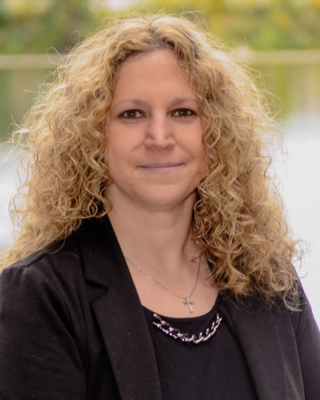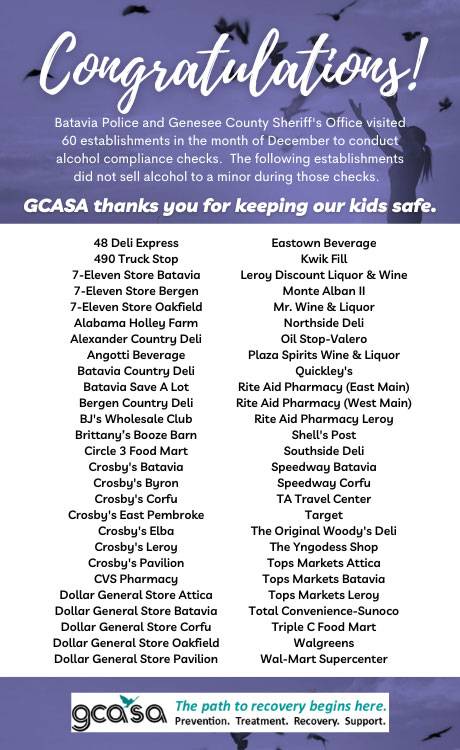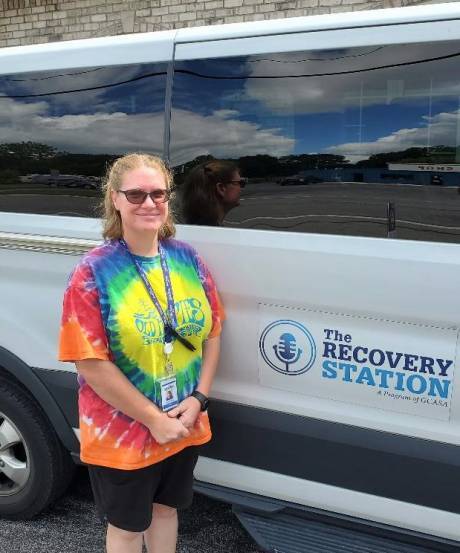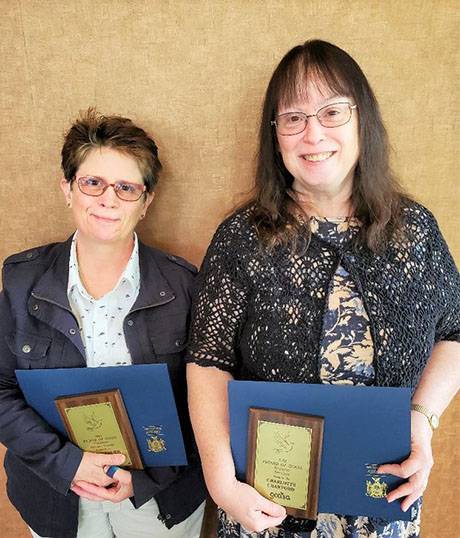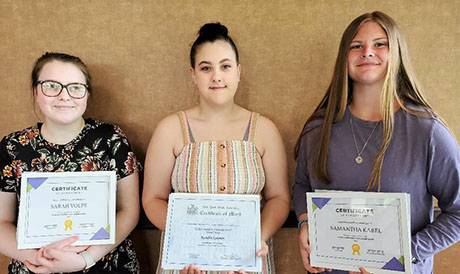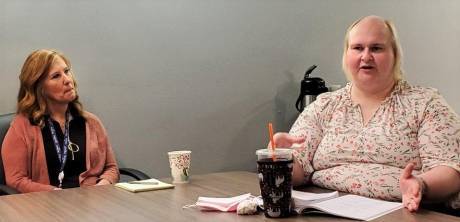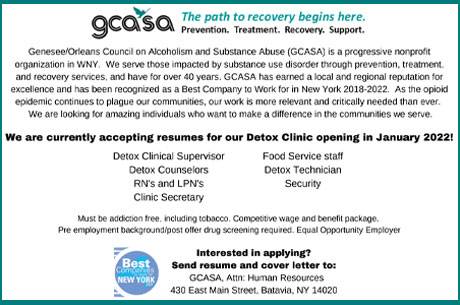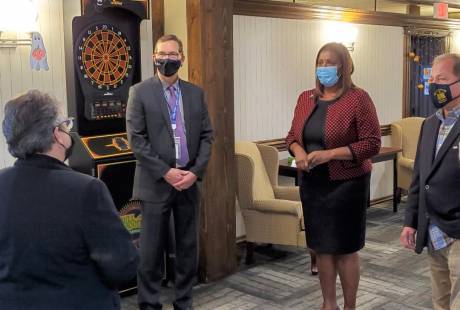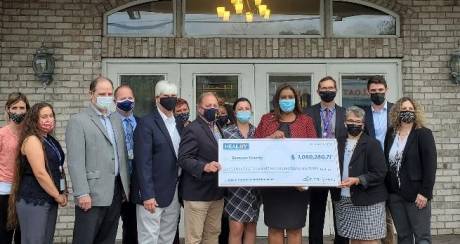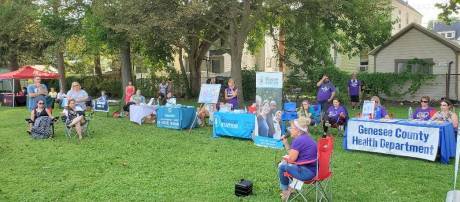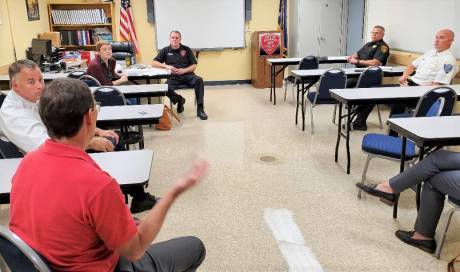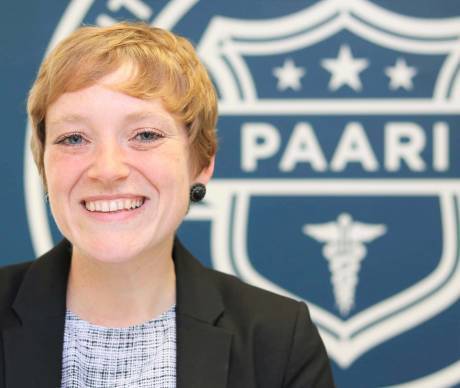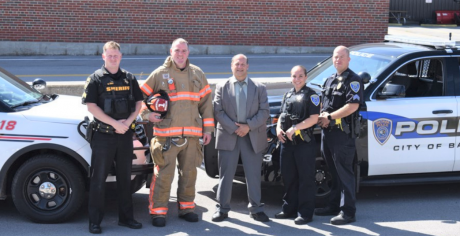Reflective and disappointed: CEO extends invitation to 'come down to visit us'

Photo by Mike Pettinella
After spending 40 years in a career involved with people dealing with drug and alcohol addiction, John Bennett believes he has come to know those people fairly well. And after all is said and done, no matter their struggles and perceived defects, “they’re just people,” he says.
Bennett, the chief executive officer for UConnectCare, formerly Genesee/Orleans Council on Alcoholism and Substance Abuse, or GCASA, is taking some time to collect his thoughts and plans for the agency after his request for funding was turned down Wednesday by four Genesee County legislators.
The Batavian needs to clarify two points that may have gotten lost in the fray of comments involved in the potential deal. One is that the $100,000 request was not directly from the county’s coffers or taxpayers. The money would have come from settlement funds that were the result of an opioid-related lawsuit that Genesee County was part of, along with several other counties.
There is some $463,000 available, and a portion of the money has a restricted use that must go toward opioid-related purposes. For example, some of the opioid funding went for monitoring of wastewater to track what types of drugs are being used in Genesee County.
The second point is that while the assessed value of the motel has been cited as $293,000, the property has also been listed as for sale on LoopNet. That listing does not include an asking price; however, Realtor.com gives the estimated market value of the property as $970,343. That is how the purchase price landed at $800,000.
Aside from those two financial considerations, the legislators did not want the deal for other reasons, and those comments are what hit the hardest for Bennett, he said.
The idea was to have a place for transitional housing to serve people in need of safe temporary housing, and it was discussed by a committee of representatives from the county, GCASA, and mental health that all seemed to agree it was a good idea, he said.
“I will say that the legislators, this group, sent a message about how they feel about people with addiction and recovery. And it's disappointing to me because I've worked 25 years in this community. And, you know, part of my mission is to help reduce the stigma of people with addiction, and I feel that maybe I haven't done such a good job,” Bennett said. “If that's the way some people in the legislature still feel about having us in the community and the people we serve … I'm trying to take a look at all that right now.”
He invites the legislators, and anyone who is interested, to take a tour of the facilities at the newly named UConnectCare, and talk to people there to learn more about what they do.
Bennett is concerned about how people with addictions are portrayed just because they may struggle and relapse — even if it’s multiple times. Many people have such a story in their own families, including Bennett, he said. His grandfather, whom he was named after, “drank himself to death,” dying the year Bennett was born as a young man in his 50s.
“And my mother always told me stories about what a kind man he was, that he’d give you the shirt off his back, but he had a drinking problem, and then in her infinite wisdom named me after him,” Bennett said. "I grew up going to Al-Anon meetings. And then my uncle, who was a prominent regional director for Mutual of Omaha, was also an alcoholic.”
The point being that, yes, good people can struggle with substances, he said.
He also takes issue with any insinuation that his agency is a drain on the county. GCASA has gotten $35,000 from Genesee County in its yearly allotment.
“We’re very appreciative of that, but that’s all we get in a $12 million budget,” he said. “So we’re not a drain on this county at all. In fact, we bring a lot of business. And the building that I sit in, we bought the building at auction. It was abandoned and dilapidated. It was empty for like 10 years. And nobody was paying taxes on it. That’s why we ended up buying it at auction,” he said.
The agency helps to boost the local economy by hiring local contractors for that work, and the 76 percent of its 200-person staff that lives and works in Genesee and Orleans counties, he said.
“You can come come down to visit us. If you really serve in the community, come down and take a tour of our buildings, meet my staff, and meet some of the people that we service. They'll be willing to talk to you. But don't step up in public and say things that you don't really know anything about. That's my message,” he said. “Some people are there at the worst. They're down and out, and they're at the worst point of their life, and they need help. And, you know, you have to be willing to work for those people, too. So, yeah, I'm disappointed. I'm okay with making a decision not to give the money. I mean, that's not really the issue. The issue was how it was managed, the things that were said.”
Prior coverage:


